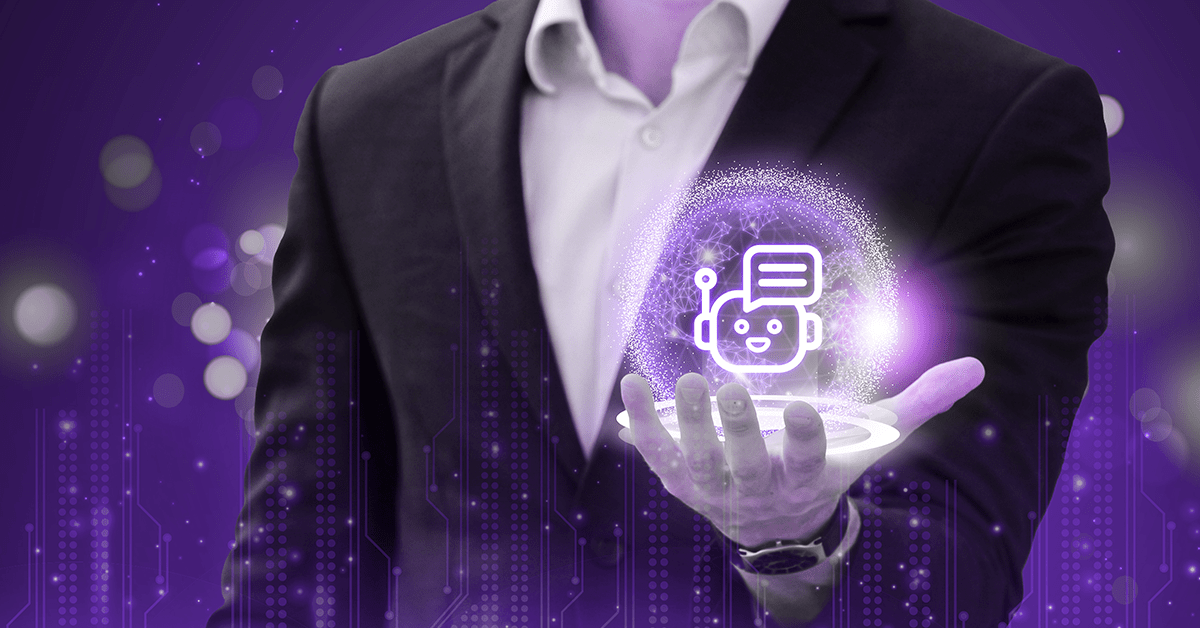The legal landscape is constantly evolving, and the emergence of ChatGPT and other AI tools has generated excitement within the legal community.
A Thomson Reuters survey highlights this enthusiasm, with 82% of in-house legal departments expressing support for applying such technology to legal tasks.
While these tools offer interesting possibilities for efficiency and cost reduction, it’s important to acknowledge the inherent risks associated with them.

Let’s explore the 7 potential risks of solely relying on ChatGPT for your contract needs:
#1. Lack of Legal Expertise
One of the most significant risks of ChatGPT, like any AI, is that it lacks the legal expertise and nuanced understanding of human lawyers.
While trained on vast amounts of data, it cannot grasp the intricacies of specific legal domains, case laws, and regulatory aspects. Relying solely on ChatGPT for contracts could result in clauses that are legally flawed, incomplete, or even harmful to your interests.
#2. Potential Inaccuracies and Biases
AI models are trained on massive datasets, and these datasets can contain biases or inaccuracies.
When using ChatGPT for contract drafting, these biases can unintentionally be reflected in the generated clauses, potentially leading to unfair or discriminatory terms.
Just like a student who memorizes inaccurate information for an exam, an AI tool trained on biased data might generate clauses that perpetuate these biases unintentionally.
#3. Misinterpretation of User Input and Context
AI tools like ChatGPT rely on user input and context to generate legal language.
However, there’s a risk of misinterpreting this information, leading to inaccurate or irrelevant contract terms. Think of playing the Chinese whispers game with a group of kids. The message often gets distorted with each repetition.
Similarly, ChatGPT risks misinterpretation of your instructions and generation of clauses that deviate from your intended purpose, potentially jeopardizing the entire agreement.
(Related Read: 10 Contract Mistakes Small Businesses Should Avoid)
#4. Copyright Infringement and Ethical Concerns
ChatGPT’s training data encompasses a diverse range of text sources, which raises concerns about potential copyright infringement. The generated contracts might accidentally contain phrases or clauses that unknowingly borrow from copyrighted legal documents, exposing you to legal complications.
Additionally, the ethical implications of relying solely on an AI tool for critical legal tasks demand careful consideration.
#5. Confidentiality Issues
Using ChatGPT for legal contracts raises significant confidentiality concerns.
The data used to train these tools might be confidential, and sharing this information with third-party vendors poses a risk of data breaches or unauthorized access. Imagine entrusting your most personal financial information to a stranger.
Similarly, using AI tools for contracts requires careful consideration of data security.
#6. Limited Ability to Handle Complexities
The beauty of a well-crafted contract lies in its ability to adapt to specific scenarios and address potential complexities.
However, ChatGPT’s limitations lie in its inability to handle intricate legal situations or engage in dynamic negotiations. These complexities often involve unique circumstances, unforeseen situations, and intricate details that require human judgment and experience to navigate effectively.
#7. Cannot Adapt to Evolving Legal Landscape
The legal landscape alters organically, shaped by court decisions and established precedents.
However, ChatGPT cannot learn or adapt based on these evolving legal interpretations. This can lead to contracts that are outdated or even legally deficient in the long run.
Hence, contracts drafted solely on AI might not be legally sound in the long run due to the evolving nature of legal precedents.
It’s all about Striking a Balance…
While AI tools like ChatGPT hold exciting potential for streamlining legal procedures, a cautious and critical approach is crucial. As the future of generative AI unfolds, anticipate innovative applications reshaping the legal industry, empowering businesses to navigate complexities with confidence and agility .
Businesses should use these tools as supplements, not replacements, for the expertise and judgment of seasoned legal professionals.
For critical legal documents like contracts, a strategic approach combining the human touch of an expert contract service provider like Vyapi with the potential of AI will be more powerful and highly effective. This collaborative approach ensures both efficiency and legally sound outcomes.




